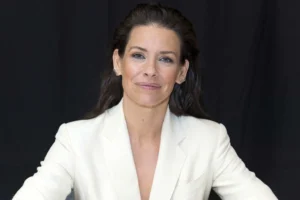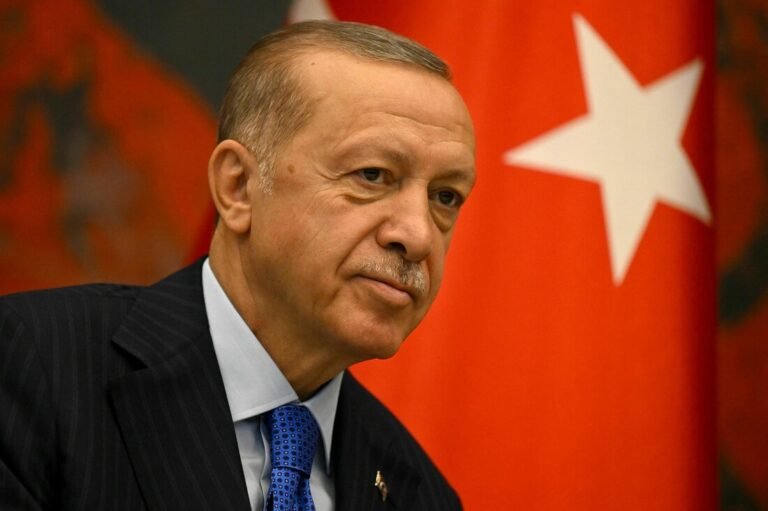Recep Tayyip Erdoğan is a key figure in modern Turkish politics. Born on February 26, 1954, in Istanbul, Erdoğan rose from a working-class background to become one of the most powerful leaders in Turkey’s history. Before entering national politics, he served as the mayor of Istanbul from 1994 to 1998. Erdoğan co-founded the Justice and Development Party (AKP) in 2001, a conservative political party with roots in political Islam. Since then, he has transformed Turkey’s political landscape.
Erdoğan was prime minister of Turkey from 2003 to 2014. During this period, he focused on economic growth, infrastructure development, and social reforms. His government launched major projects in transportation, healthcare, and education. Erdoğan’s leadership style is strong and sometimes described as authoritarian. He has a large and loyal base of supporters who praise his achievements, but critics accuse him of weakening democracy and limiting freedoms.
In 2014, Erdoğan became Turkey’s president, a position he holds to this day after several re-elections. Under his presidency, Turkey’s political system shifted toward a presidential model, giving Erdoğan expanded powers. His time as president has been marked by efforts to increase Turkey’s influence in regional and global affairs. Erdoğan is known for his assertive foreign policy and active role in Middle Eastern politics.
One important aspect of Recep Tayyip Erdoğan’s leadership is his focus on Turkey’s cultural and religious identity. He often appeals to conservative and nationalist voters by emphasizing traditional values. This approach has reshaped Turkish society and politics. Erdoğan’s government supports Islamic education and has encouraged greater public visibility for religion in daily life.
However, Erdoğan’s tenure has not been without controversy. His administration has faced criticism for crackdowns on freedom of speech and press freedom. After a failed military coup attempt in 2016, Erdoğan’s government launched widespread purges across the military, judiciary, media, and civil service. These actions sparked concern among human rights groups and many foreign governments. Critics argue that Erdoğan’s rule has become more authoritarian, while supporters say these measures were necessary to protect democracy and national security.
Internationally, Erdoğan’s Turkey has had a complicated relationship with Western countries. Tensions with the United States and the European Union have grown over various issues, including human rights, Syria, and Turkey’s role in NATO. Despite these challenges, Erdoğan continues to pursue an independent foreign policy aimed at increasing Turkey’s influence. His government is actively involved in conflicts in Syria and supports Palestinian causes, often criticizing Israel’s policies in the region.
Erdoğan also seeks to strengthen Turkey’s ties beyond the West. His government has expanded diplomatic and economic relations in Central Asia, Africa, and the Caucasus. Erdoğan promotes Turkey as a major regional power that stands independently on the global stage. His policies often aim to position Turkey as a key player in Middle Eastern and global affairs.
Domestically, Recep Tayyip Erdoğan remains a polarizing figure. His supporters view him as a transformative leader who has modernized Turkey and restored national pride. His critics worry about the erosion of democratic institutions and increasing authoritarianism. Nevertheless, Erdoğan’s political influence remains strong, and he continues to shape the future of Turkey and the broader region.
Throughout his life, Erdoğan has maintained a personal image connected to his humble roots. Growing up in a working-class family and attending an Islamic religious school, he often shares this background to connect with ordinary citizens. Erdoğan is married to Emine Erdoğan and has four children. His charismatic speeches and ability to connect with voters have helped him maintain support over many years.
Recep Tayyip Erdoğan’s impact on Turkey and the Middle East is profound. As a leader, he has reshaped Turkey’s political system, foreign relations, and society. His assertive policies and leadership style continue to influence regional dynamics, especially in times of increasing tensions and conflicts. Erdoğan’s role in history will be remembered as a significant force in shaping 21st-century Turkey and the broader Middle East.







